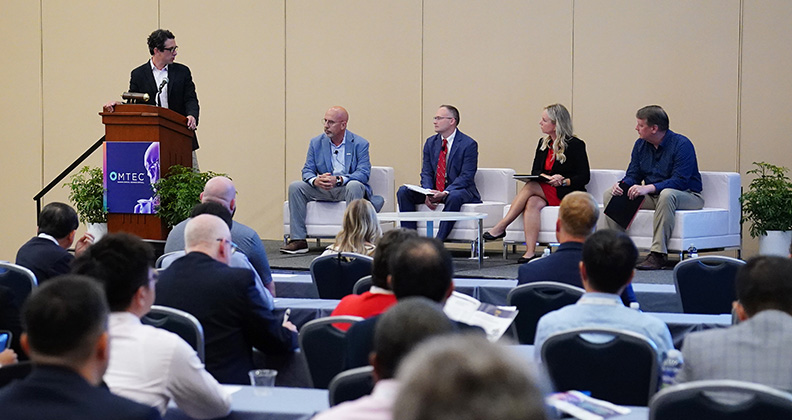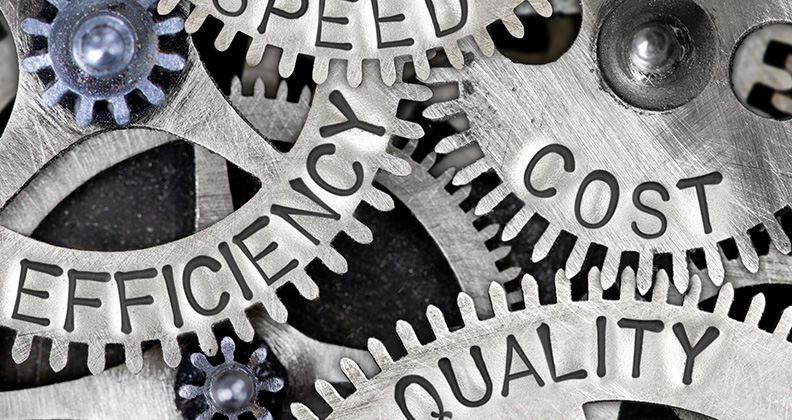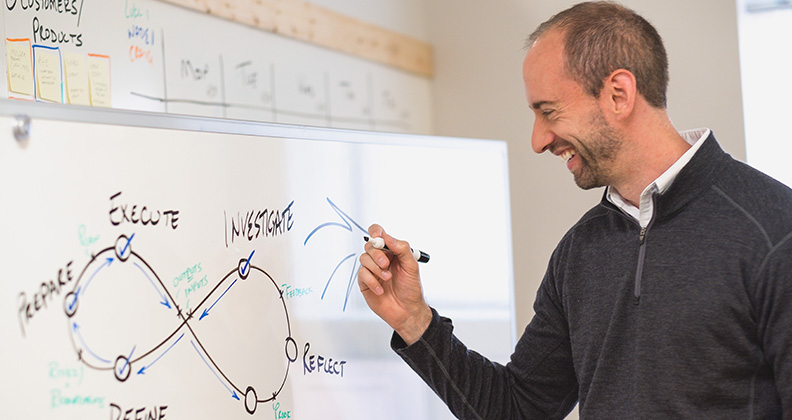
People are shockingly bad at running meetings, says J3Personica’s President Bryan Warren.
Warren trains physician and healthcare executives to become better leaders through communication and character-building strategies—important skills that translate throughout the orthopedic chain. “People who work at orthopedic device companies do a fine job of scheduling meetings, defining agendas and fleshing out topics to cover. But self-awareness and getting ideas across are things they’re typically not good with.”
Whether it’s sharing critical information with a colleague, not arguing during meetings, or providing feedback in ways that don’t discourage others from speaking up, basic communication skills aren’t taught or prioritized in many organizations, said Warren. “Sharing ideas, influencing, providing feedback––that whole bucket of communication skills is what most healthcare teams are lacking.”
However, these skills are essential in simply getting business done.
How Should You Prepare?
Before he began consulting healthcare experts, Warren was an attorney. Included in his roles were Vice President and Corporate Counsel of Accelero Health Partners, a division of Zimmer Biomet. Warren credits his legal experience for giving him a framework that taught him to communicate, collaborate and influence others. Each of Warren’s communication strategies requires orthopedic professionals to prepare in advance for meetings, presentations and even regular conversations that take place at work.
He gives the example of a device expert preparing for a meeting to show how planning in advance is crucial for successful communication. “If I’m going into a meeting with the goal of trying to get someone to change their mind, I ask what I’m trying to accomplish and what the other person cares about. What questions are going to be asked and what answers should I have? What work should I do ahead of time to be prepared?”
What Personalities are in the Room?
The idea that orthopedic professionals need to do their homework in order to hold productive meetings and communicate effectively is at odds with what many consider to be natural leadership. In particular, leveraging empathy as a way to understand and communicate with others is something many fail to consider during their day-to-day duties. Warren urged orthopedic professionals to bring as much structure to their communication as possible in their work, whether it’s in taking a more measured approach during a quick phone call or focusing on what others think and feel as a way to prepare for an important presentation.
“Whether you’re trying to persuade a customer, motivate your team or convince your boss to adopt a new idea, it all hinges on your ability to communicate and influence,” said Warren. A hallmark of effective communication is not only having self-awareness, but also the ability to understand and relate to different personalities, said Warren. “Each of our personalities is different, which means that everyone is going into meetings with a completely different mindset. If my personality is laid back and calm, that makes me perfect for some meetings, but not others.”
According to Warren, orthopedic professionals stand to perform better in meetings when they take the time to recognize different personalities in the room and tailor their communication accordingly. “This requires emotional intelligence,” he said. “It’s about a willingness to step out of your comfort zone to present information to others in a way that resonates specifically with them.”
How Will You Encourage Feedback?
Having a well-thought-out plan isn’t just helpful for speaking with colleagues and holding meetings, but is also crucial for communicating feedback effectively in different settings, Warren said. “To improve as a team, we need to get better at giving feedback. We need a culture that values feedback and sees it as normal and productive. Whether it’s a sales manager talking to one of her people, or colleagues following up on a big presentation, learning how to leverage feedback is incredibly valuable.” But while communicating feedback is paramount, Warren said it’s a skill that most aren’t actively developing.
A tenet of effective communication many medical device experts find hard to embrace is the encouragement of differing ideas and opinions. According to Warren, being unable or unwilling to listen to others’ ideas is a sign of a toxic work culture that’s headed in the wrong direction.
“When meetings, presentations and regular conversations go poorly for device experts, it’s because not enough legwork happened beforehand,” said Warren. A major part of the work he’s referring to is intentionally creating structures and processes to make others feel supported and safe to share their ideas. “If you want to change a group’s culture, change how they run meetings,” Warren said. “When communication is clear, productive and makes others feel valued, it shows that a work culture is thriving. This applies not just for orthopedic device companies, but across healthcare.”
PM
Patrick McGuire is a BONEZONE Contributor.




